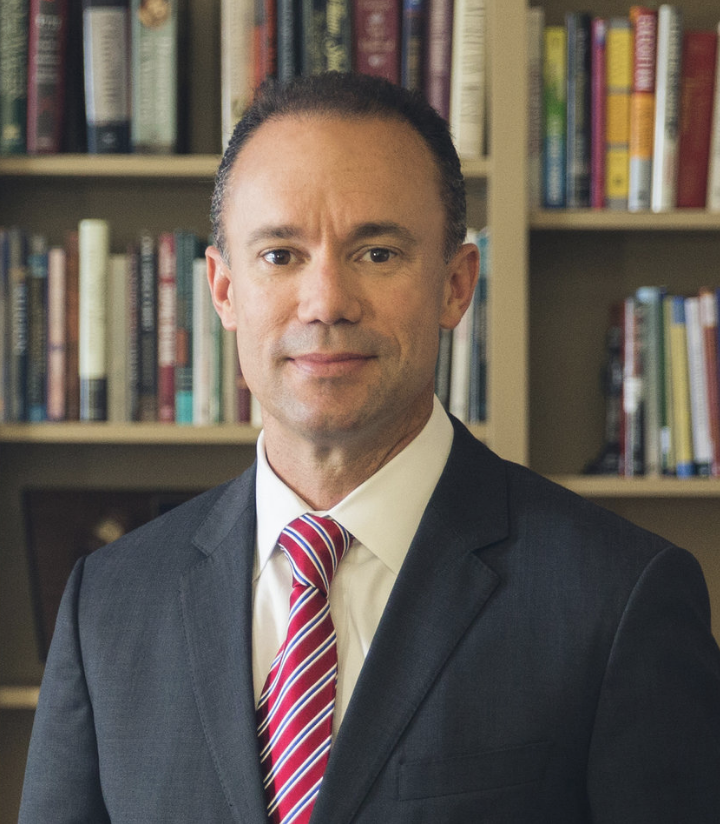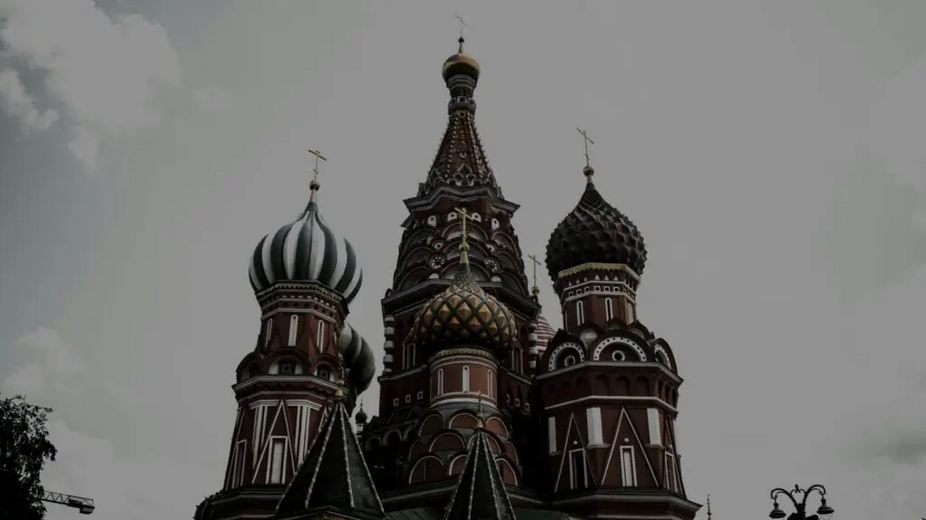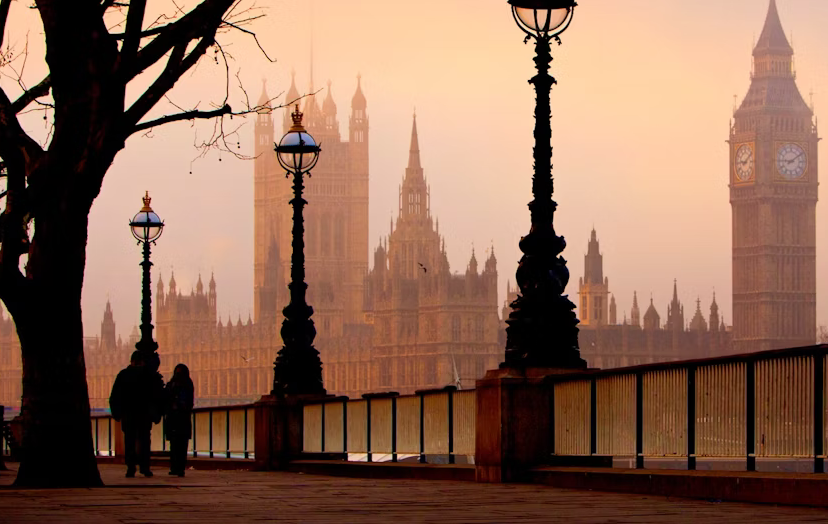
David McCullough’s latest book, The Pioneers (Simon & Schuster), is a 2019 best-seller that has been reviewed in major publications from the New York Times to the Claremont Review of Books. What caught my attention though was McCullough’s numerous references to religious liberty.
In his book, subtitled, The Heroic Story of the Settlers Who Brought the American Ideal West, McCullough narrates the early settlement of the Northwest Territory (today’s Ohio, Indiana, Illinois, Wisconsin, Michigan, and part of Minnesota) by Revolutionary War veterans and those who followed them. Like McCullough’s other books, this one depicts both national-level currents as well as the colorful personalities involved on the ground, from Revolutionary War General Rufus Putnam—arguably the patriarch in Ohio at the outset—to the treasonous Aaron Burr, and many others.
What does McCullough mean by the “American Ideal?” Although the settlers are heroic in overcoming weather, rugged terrain, and insecurity, building not only farms and homes but a robust civil society from scratch, that is not the “ideal” McCullough is talking about. The American Ideal is a set of ideas associated with the American War for Independence and expressed in the charter of the Northwest Territory, including civil and religious liberty, legal rights (i.e. habeas corpus), private property, and the prohibition of slavery in this region.
Congress formally established “An Ordinance for the Government of the Territory of the United States, North-West of the River Ohio” (hereafter called the Northwest Ordinance) on July 13, 1787, which today is considered one of the founding, organic laws of the United States of America (along with the Declaration of Independence, the Articles of Confederation, and subsequently, the U.S. Constitution). The Northwest Ordinance was a provisional constitution for the entire region and the ideas within this document—passed by Congress a full year before the U.S. Constitution was ratified—provides critical insight into the priorities of the Founders. McCullough rightfully gives attention to the hard-fought political battle over anti-slavery provisions in the Ordinance as well as the influence that the Massachusetts state constitution, written by John Adams in 1779, had on the rights and freedoms enumerated in the Northwest Ordinance.
Section 13 of the Northwest Ordinance also includes a number of references to religion and religious freedom, including a purpose of government as “extending the fundamental principle of civil and religious liberty, which form the basis whereon the republics, their laws and constitutions are erected.” This is significant. The objective of government was to protect the fundamental liberties of citizens. Government recognizes these fundamental rights, such as religious liberty; government does not merely grant such inalienable rights. Moreover, the statement “civil and religious liberty” makes it clear that religious liberty is not just a facet of civil liberty or one among many amorphous rights, as many contemporary revisionists would have us believe. Instead, religious freedom is the first freedom, and religious liberties are intertwined, but have pride of place, among other liberties such as freedom of speech, the press, assembly, and private property.
Section 13 further notes that religious liberty, and other civil liberties, are the foundation upon which government is “erected.” The next section foreshadows George Washington’s Farewell Address a decade later, when it states that “religion, morality, and knowledge” are “necessary to good government and the happiness of mankind” (Section 14, Art. 3). In short, religious belief and practice may nourish what de Tocqueville would later call the democratic “habits of the heart”—the morals, customs, and knowledge necessary for a responsible citizenry in a free society.
Despite the fact that the original colonies typically had established state churches, the Northwest Ordinance does not establish an official church nor does it provide tax dollars for the support of clergy. Instead, it advances what Tom Farr has called free exercise equality: the principle that all citizens may equally practice their faith in a free society.
Article 1 of the last section states, “No person, demeaning [behaving] himself in a peaceable and orderly manner, shall ever be molested on account of his mode of worship or religious sentiment in said territory” (Section 14, Art. 1, italics added for emphasis). This statement is rich in meaning that may not be apparent in today’s society where the anti-religious sentiments of revisionist historians portray Deist Founders striving to keep religion out of public life.
First, no religious person who acts “peaceably” and “orderly” should “ever be molested,” either by his fellow citizens or by government authorities. Citizens should be entirely free of government compulsion in matters of religion. The government has a duty to protect religious citizens from being attacked or discriminated against—by their fellow citizens—on the basis of their religion.
Furthermore, Article 1 protects both worship and belief, including public expressions of both. This is not the language of French laïcité—the radical separation of religion from public life, which only allows people to worship behind closed doors in churches or homes. Nor is this the view that people can believe whatever they want privately, but religion should be excluded from the discourse of public reason.
No. The U.S. Congress protected “religious sentiments”—without specifying denomination or creed—as well as public worship. When combined with other statements throughout the Northwest Ordinance about the intersection of religion, law, morality, and education, one should not be surprised that public expressions of religion, such as public prayer, days of thanksgiving, the use of the Bible in the classroom, and the like were all expected and obvious elements of daily life in Marietta, Cincinnati, Cleveland, and across the Northwest Territory.
McCullough does not paint an idyllic portrait: he portrays the rigors of frontier life as well as the morally troubling issues of slavery and the bad faith exercised by the U.S. government toward American Indians. Nevertheless, he concludes that the Northwest Ordinance, with its early bill of rights, was consonant with the spirit of the time as an “ideal” of freedom, independence, and personal opportunity that served as a watershed in American history.
Eric Patterson serves as Executive Vice President of the Religious Freedom Institute. Patterson is scholar-at-large and past dean of the Robertson School of Government at Regent University and a Research Fellow at Georgetown University’s Berkley Center for Religion, Peace & World Affairs
THE RFI BLOG

The Horrendous and Maddening Antisemitism in New York City

Religion, the ‘Russian World,’ and the War Against Ukraine

Religious Freedom Is Back on the UK’s Agenda

Be More Faithful, Become More Resilient: An Invitation to Religious Institutions

How Soccer Reveals Different Meanings Of ‘Secular’ In France And The US
CORNERSTONE FORUM

Public Bioethics & the Failure of Expressive Individualism

Religious Liberty in American Higher Education

Scotland’s Kate Forbes and the March of Secularism

70 Years of Religious Freedom in Sweden: Prospects and Challenges

